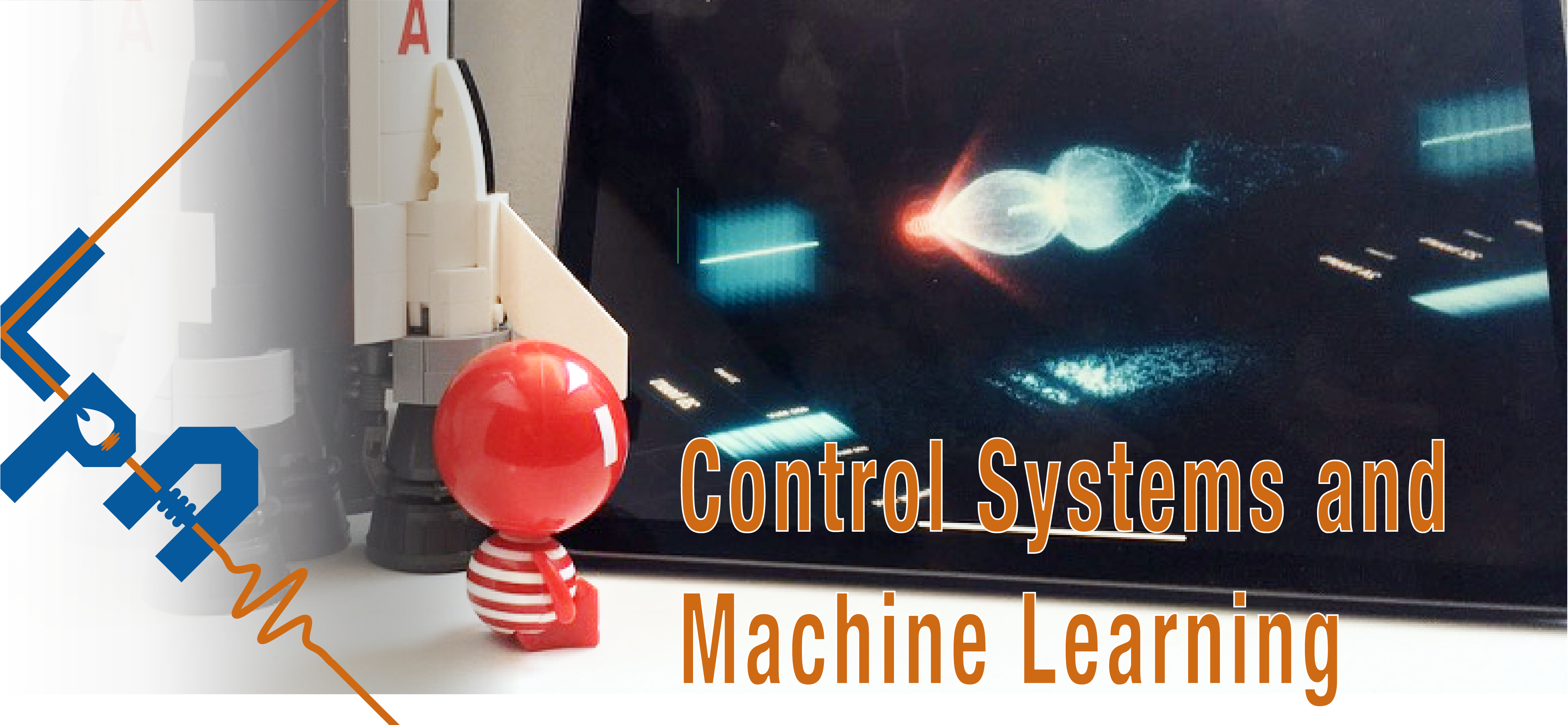Sprecher
Beschreibung
We will be reviewing recent machine learning techniques from the perspective of compact Laser-particle accelerators (electron and ions). High-fidelity simulations of the involved physical phenomena are carried out by computationally-expensive particle-in-cell simulations which are used for planning of experiments as well as subsequent analysis. We will be discussing methods for surrogate modeling and reduced-order modeling for reducing the computational complexity and storage footprint of the simulations. From an experimental perspective, one important task relates to the recovery of the initial physics conditions using simulations that mimic the experiment. In addition, advanced spectral diagnostics provide promising novel insights into time-dependent processes, e.g. inside the plasma. Analysis of such data frequently touches inverse problems (e.g. phase retrieval) that occur in e.g. laser diagnostics, analysis of plasma expansion via pump-probe experiments (SAXS reconstruction), or novel experimental diagnostics such as coherent-transition-radiation. Modern data-driven methods promise fast solutions and quantify uncertainty even of ambiguous inverse problems, while the reliability of these methods on out-of-distribution data has to be considered. Finally, one can derive novel synthetic diagnostics about the state of the machine and experimental setup that can be used for automatic experimental parameter tuning via machine learning techniques during live data acquisition.
